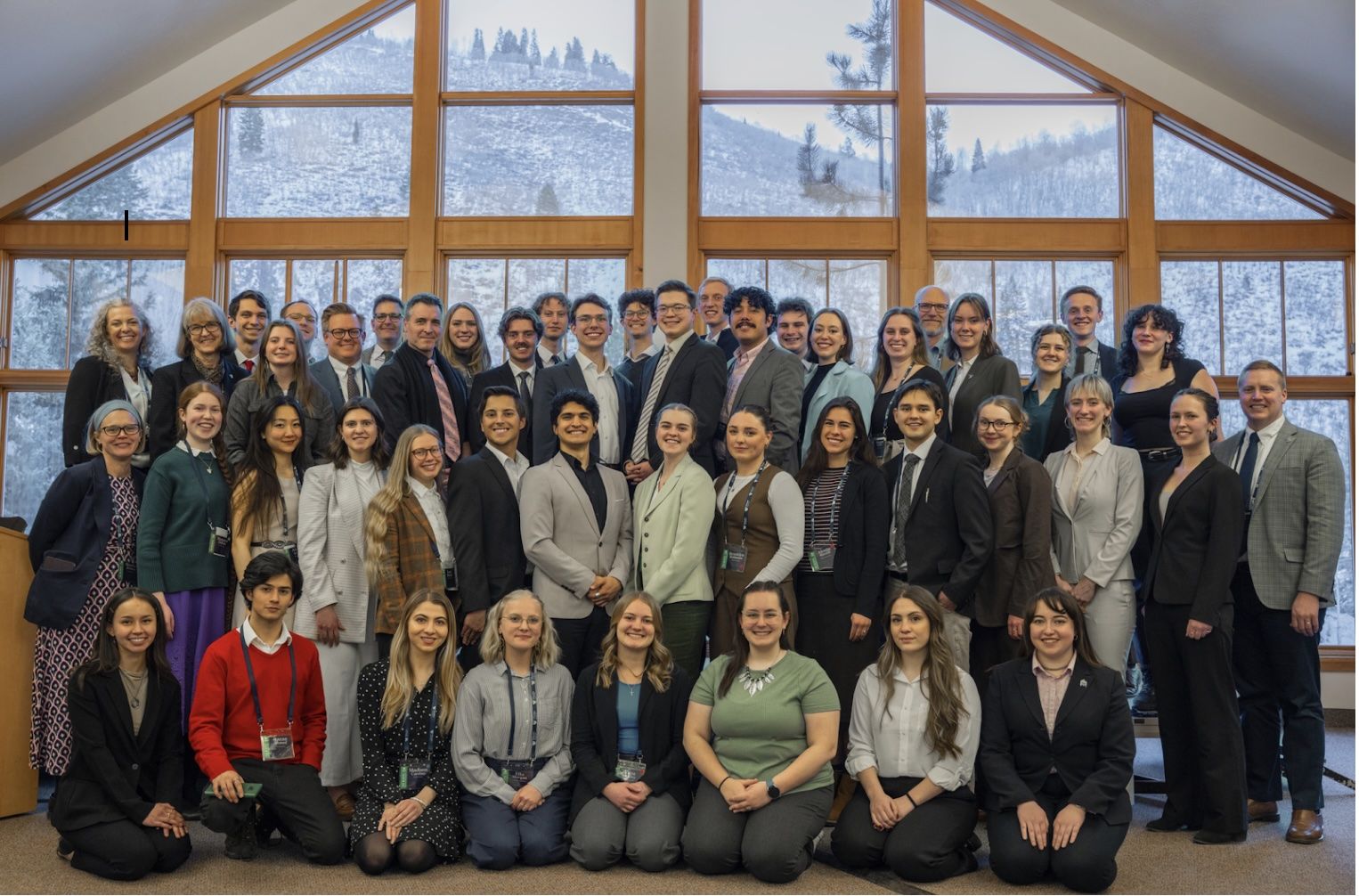Faith Under Fire: Young Scholar's Courageous Journey Through Religious Summit

When the invitation to the Student Conference on Religion in the Public Sphere (SCRIPS) first landed in my inbox, my immediate instinct was to decline. At first glance, the conference seemed like just another academic gathering—dry, predictable, and potentially uncomfortable. Little did I know that this initial hesitation would transform into an unexpected journey of intellectual discovery and personal growth.
My reluctance wasn't born from disinterest, but from a place of uncertainty. Religious discussions can be complex, often fraught with tension and deeply personal perspectives. The thought of navigating such nuanced conversations in a conference setting felt daunting. Would the discussions be respectful? Would diverse viewpoints be genuinely heard and understood?
Yet, something about the conference's description intrigued me. The promise of open dialogue, of bridging different perspectives, slowly chipped away at my initial resistance. What began as a tentative "no" gradually evolved into a curious "maybe," and ultimately, a resolute "yes."
Looking back, I'm grateful I didn't let my initial apprehension prevent me from experiencing what would become a transformative academic and personal experience. SCRIPS wasn't just a conference—it was a microcosm of how meaningful dialogue can transcend differences and foster genuine understanding.
